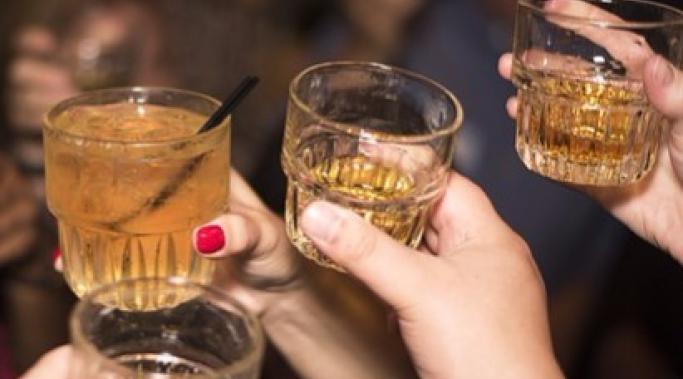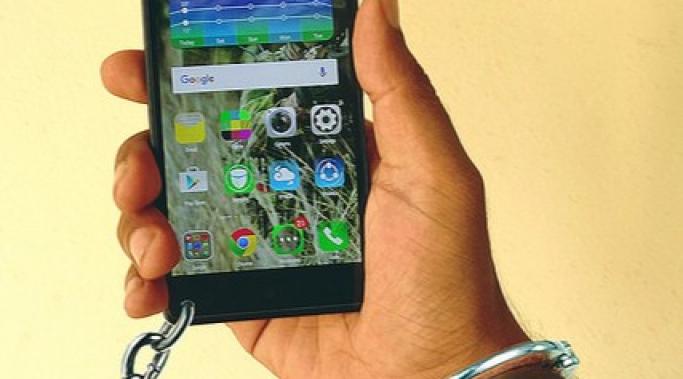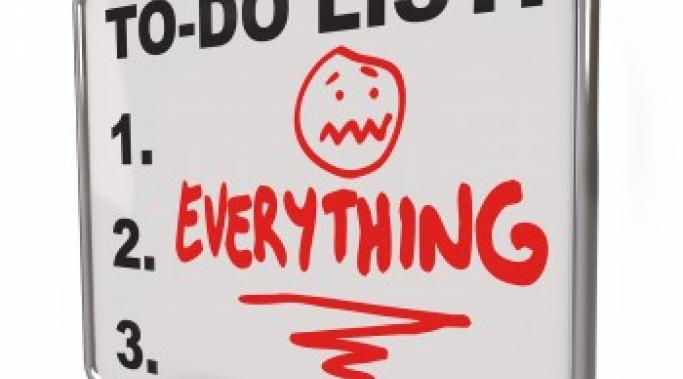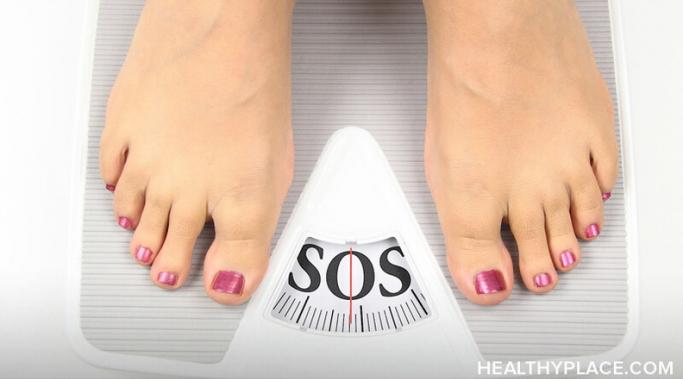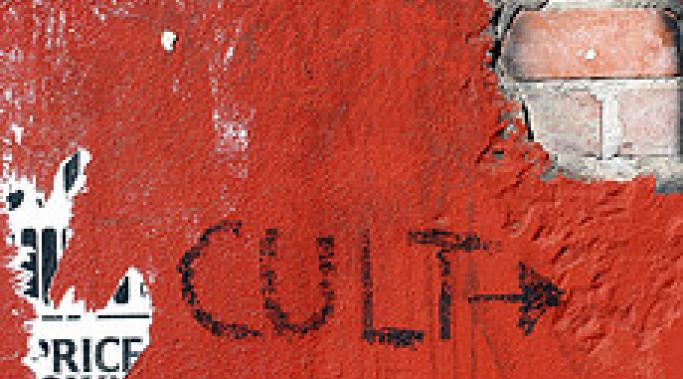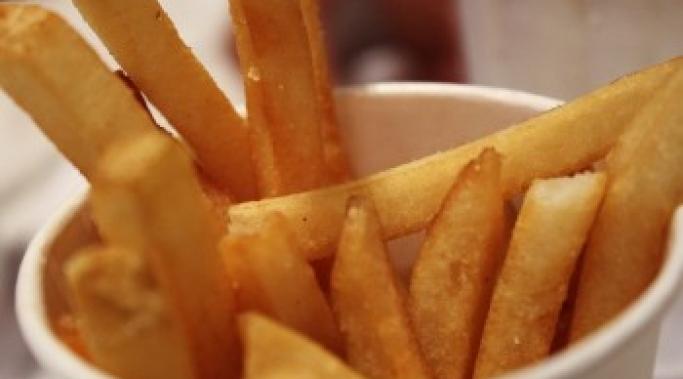Is there an addictive personality? The most recent research involving the addictive personality concept indicates no single, addictive personality type exists (Addiction Symptoms: Signs of an Addict). However, certain groups of traits seem to indicate predisposition to addiction.
Behavioral Addictions
Addiction is my behavior, it is not about a substance run wild. My alcoholism is rooted in negative behavior that requires rigorous mental health treatment. Even though I am an alcoholic in recovery, I feel that my substance of choice is just a symptom of my addictive personality. My addiction becomes stronger when I engage in one of three behaviors because my addiction is a behavior and it's not about the substance.
How do you know if you're addicted to your phone? Phones and tablet devices are rapidly becoming the most addictive substances in Western culture (What Is Addiction? Addiction Definition). The extent to which we use and rely upon our phones is staggering. We are rapidly becoming a society full of cell phone and social media addicts, thanks to fantastic developments in cell phone technology intended to improve our lives. The first step to abating the rise of phone addiction is to spread awareness about what it means to be addicted to your phone.
The winter blues are here and for those of us in all types of recovery, they can be especially tough (Stop Letting Winter Depression Freeze Your Happiness). If you're a recovering addict or alcoholic with the winter blues setting in, you are not alone.
An alcoholic self-sabotages when she tries to evade negative feelings and consequently creates more problems in her life (Ways to Avoid Negative Coping Skills). Alcoholics commonly self-sabotage their relationships, sobriety, and career as they try to avoid feelings they often buried with alcohol. Most of the time, they are not even conscious that they are sabotaging themselves, unless it is pointed out to them. For this reason, it's important for alcoholics and their support network alike to understand why incidents of an alcoholic's self-sabotage most often occurs around a sobriety milestone or a significant life change.
It's important to learn how to avoid feeling overwhelmed in addiction recovery. (Overwhelmed by Stress and Anxiety? How to Deal with It). Feeling overwhelmed was one of my major triggers while in my addiction. Whether I felt overwhelming sadness, fear, or worry, these feelings were often a trigger for addictive behavior. Feeling overwhelmed is an almost universal addiction trigger; here's how to avoid feeling overwhelmed and stop triggering your addiction.
Drunkorexia is a non-medical term describing the habit of reducing food intake (or even anorexia) combined with alcohol use. This calorie restriction is used to compensate for calories consumed through alcoholic beverages. It is not a new phenomenon, but it's not a safe one either. Restricted eating or anorexia plus alcohol use is dangerous.
Potentially addictive or harmful qualities of addiction recovery programs are the source of heated debates across the country. One main debate is whether or not addiction recovery programs are more harmful than they are helpful. For instance, I was recently asked, "If addicts can become addicted to anything, doesn't that also apply to recovery groups?"
Some people believe that adding the word “addiction” to any vice is a cheap ploy to excuse bad behavior. But the fact is, that any dopamine-releasing activity can be addictive, and this includes sex. Here are seven signs of sex addiction.
As I tossed a french fry into my mouth, I thought, "mmm . . . salty." In fact, it was too salty for my taste, but somehow I still enjoyed it. That's because certain foods affect humans in a manner similar to other addictive substances. The fries didn't even taste that good, and yet I kept eating them. This new research in food addiction may explain why.

